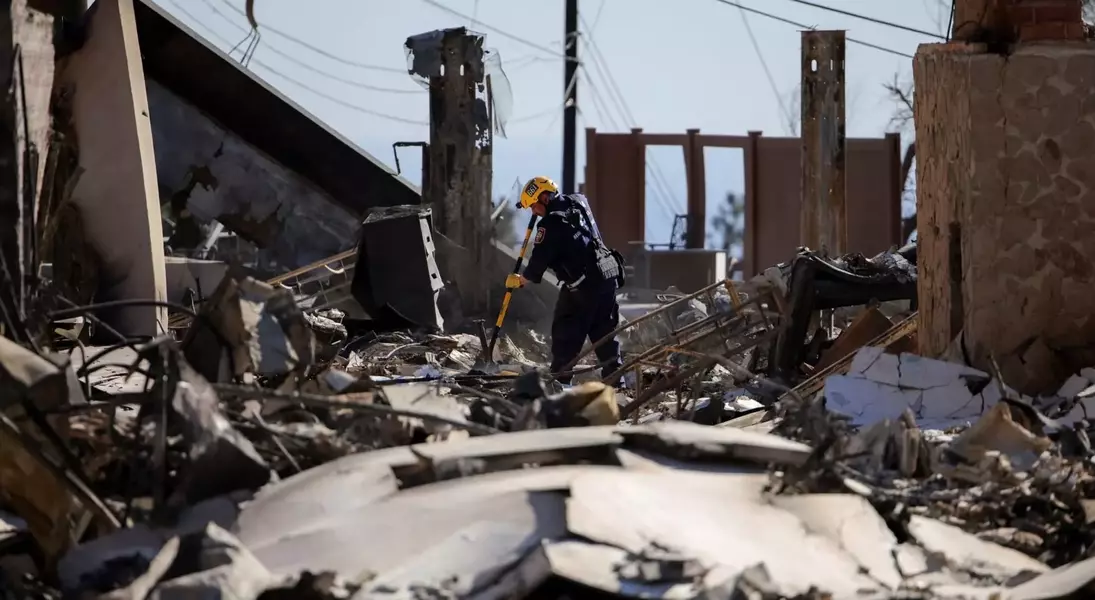
The recent wildfires in California have caused widespread destruction, burning over 41,000 acres and destroying thousands of structures. Despite the severity of these disasters, experts at Wells Fargo argue that the municipal bond market is unlikely to suffer significant repercussions. Historically, municipal bond issuers have demonstrated resilience in the face of natural calamities, maintaining their ability to meet financial obligations without defaulting. Wealthy investors, particularly those in high-tax states like California, favor these bonds due to their tax advantages. While the fires continue to rage, discussions about recovery are already underway, with government agencies and federal aid playing crucial roles in stabilizing affected communities.
Municipal bonds offer an attractive investment option for high-net-worth individuals, especially in states with higher taxes. The interest earned on these bonds is exempt from federal taxes and often from state and local taxes as well, making them a popular choice. Lucas Baker and his team at Wells Fargo emphasize that, despite the current devastation, historical data shows that bondholders have not been adversely affected by natural disasters. Moody’s Ratings confirms this trend, noting that no state or local government has defaulted on its bonds during such events. The Federal Emergency Management Agency (FEMA) plays a vital role in reconstruction efforts, providing substantial funding that helps stabilize both financial operations and economic development in disaster-stricken areas.
For instance, Hurricane Katrina, which caused extensive damage in 2005, did not prevent affected communities from fulfilling their debt-service payments on time and in full. This pattern of resilience is expected to hold true for the current wildfires. Governor Gavin Newsom has taken proactive measures by signing an executive order to expedite rebuilding processes, while FEMA continues to provide critical support. Although there may be short-term disruptions in cash flow for some issuers due to operational challenges or increased service demands, the overall impact on the bond market is anticipated to be minimal.
While large cities and counties with diverse tax bases are well-positioned to handle credit pressures, certain sectors might face temporary difficulties. Institutions without taxing authority, such as healthcare and higher education entities, could encounter short-term cash-flow issues. Additionally, smaller tax-base-supported bonds and single-asset obligors might be more vulnerable to moderate reductions in their revenue streams. Uninsured bonds in damaged areas, particularly those rated BBB and below, could also be at risk of falling below investment grade or experiencing payment defaults. Investors concerned about these risks may consider adjusting their exposure to mitigate potential losses.
Despite the ongoing wildfires, the municipal bond market remains stable, supported by historical precedents and robust recovery efforts. The involvement of federal agencies and proactive measures by local governments will play a crucial role in ensuring that affected communities can rebuild swiftly. While some sectors may experience temporary challenges, the broader market is expected to remain resilient, continuing to attract investors seeking tax benefits and stable returns.
